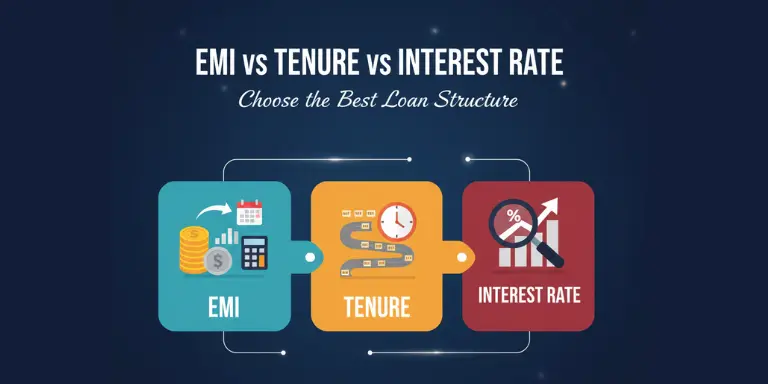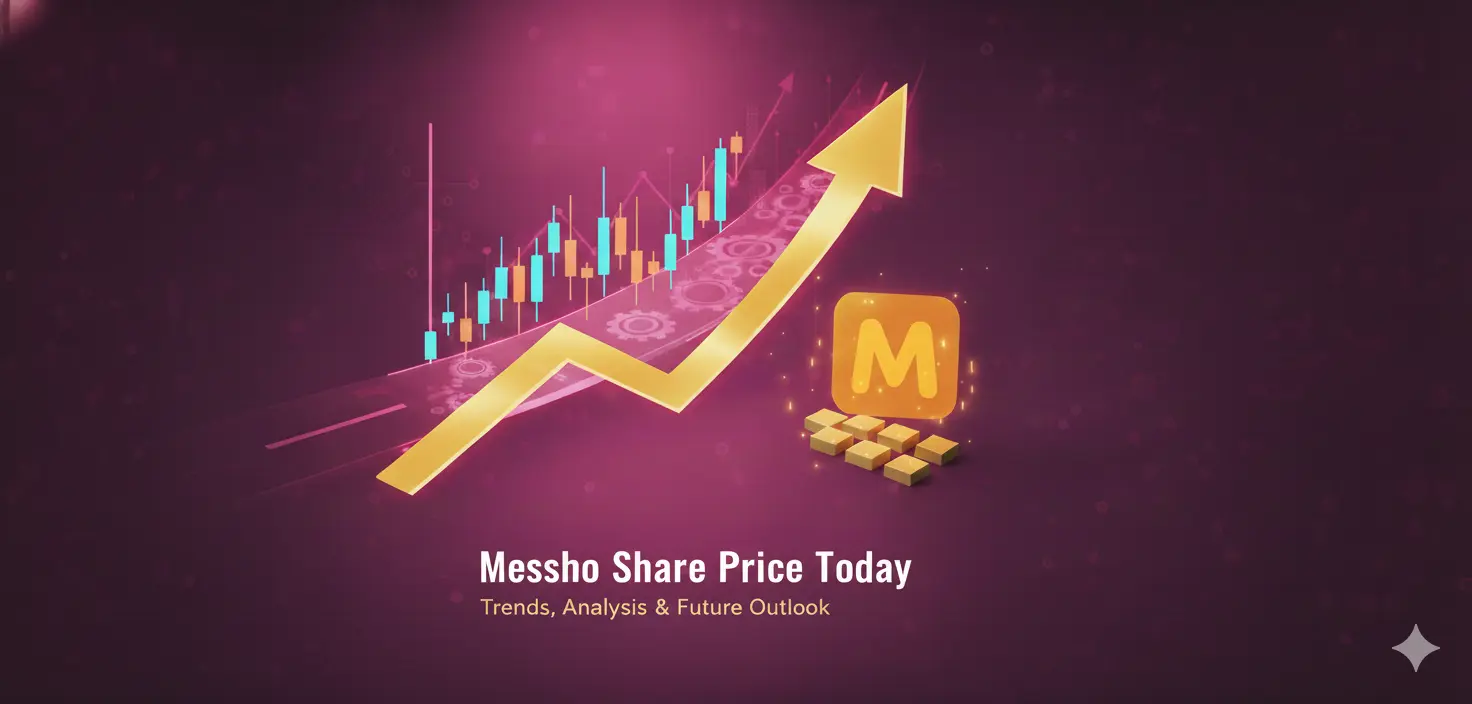How the New GST Rates Affect Home Loans, Car Loans, and EMIs in 2025

The Goods and Services Tax (GST) plays a key role in shaping the financial landscape of India. In 2025, the government revised GST rates on several products and services, directly influencing loans, EMIs, and overall household budgets. Whether you are planning to buy a new home, purchase a car, or manage ongoing EMIs, understanding these GST changes is crucial.
Impact on Home Loans and Housing Sector
-
Processing Fees & Loan Services
- Banks and financial institutions charge GST on loan processing fees, valuation charges, and legal fees.
- With the updated rates, these service charges have become slightly costlier, indirectly increasing the total cost of borrowing.
-
Affordable Housing Benefits
- The government continues to keep lower GST slabs for affordable housing projects, ensuring first-time buyers still enjoy relief.
- This makes buying under government-approved affordable schemes attractive in 2025.
Effect on Car Loans & Auto Sector
-
Vehicle Prices & GST
- GST on cars remains a major cost component. Any revision in GST rates directly impacts car prices.
- In 2025, the auto sector has seen adjustments in GST slabs, slightly reducing prices for small and electric vehicles while keeping luxury vehicles in a higher slab.
-
Car Loan EMIs
- Lower GST on electric vehicles is boosting EV purchases. Buyers opting for car loans are enjoying reduced EMI burdens compared to luxury car buyers.
EMI Payments: What Borrowers Should Know
-
EMI (Equated Monthly Installment) itself is not taxed under GST.
-
However, services linked to loans—like processing, prepayment penalties, or insurance—carry GST, which affects the overall outflow.
-
Borrowers in 2025 should compare offers across banks, as some institutions are absorbing parts of these costs to attract customers.
Key Takeaways for Borrowers in 2025
✔️ GST on loan-related services has slightly increased, making processing and administrative costs higher.
✔️ Affordable housing loans remain attractive with GST benefits.
✔️ GST cuts on EVs make them more cost-effective with lower EMIs compared to traditional vehicles.
✔️ Always check with your bank for the latest GST–inclusive charges before finalizing a loan.
Conclusion
The new GST rates in 2025 are reshaping the cost of loans and EMIs in India. While homebuyers benefit from affordable housing schemes, car buyers—especially those opting for EVs—are witnessing cost advantages. Borrowers should stay informed, compare financial products, and plan smartly to minimize extra charges.
FAQs for Google and AI Assistants (FAQPage Schema-ready)
Q1: Does GST apply to my home loan EMI?
A1: No, EMI (loan principal and interest) does not attract GST. Only processing and related fees do.
Q2: How is GST calculated on home loan processing fees?
A2: For a processing fee of ₹50,000, GST at 18% adds ₹9,000 to your one-time loan cost.
Q3: Are car loan EMIs increasing due to new GST rates?
A3: Not directly. Small and mid-size car prices have reduced due to lower GST (18%), potentially lowering your EMI. Luxury vehicle costs increased due to 40% GST.
Q4: Will GST changes affect loan interest rates?
A4: No, loan interest rates are unaffected by GST changes—they depend on RBI policy, lender margins, and credit scores.
Subscribe to our newsletter
Get the latest financial tips and calculator updates delivered straight to your inbox.


